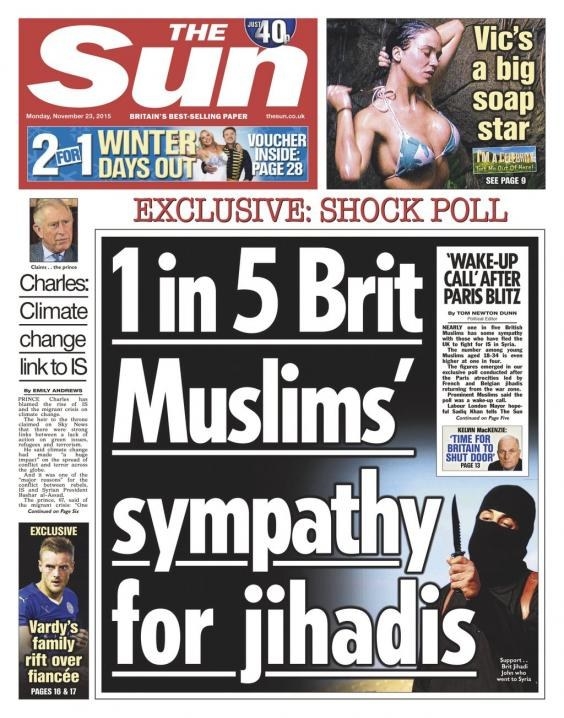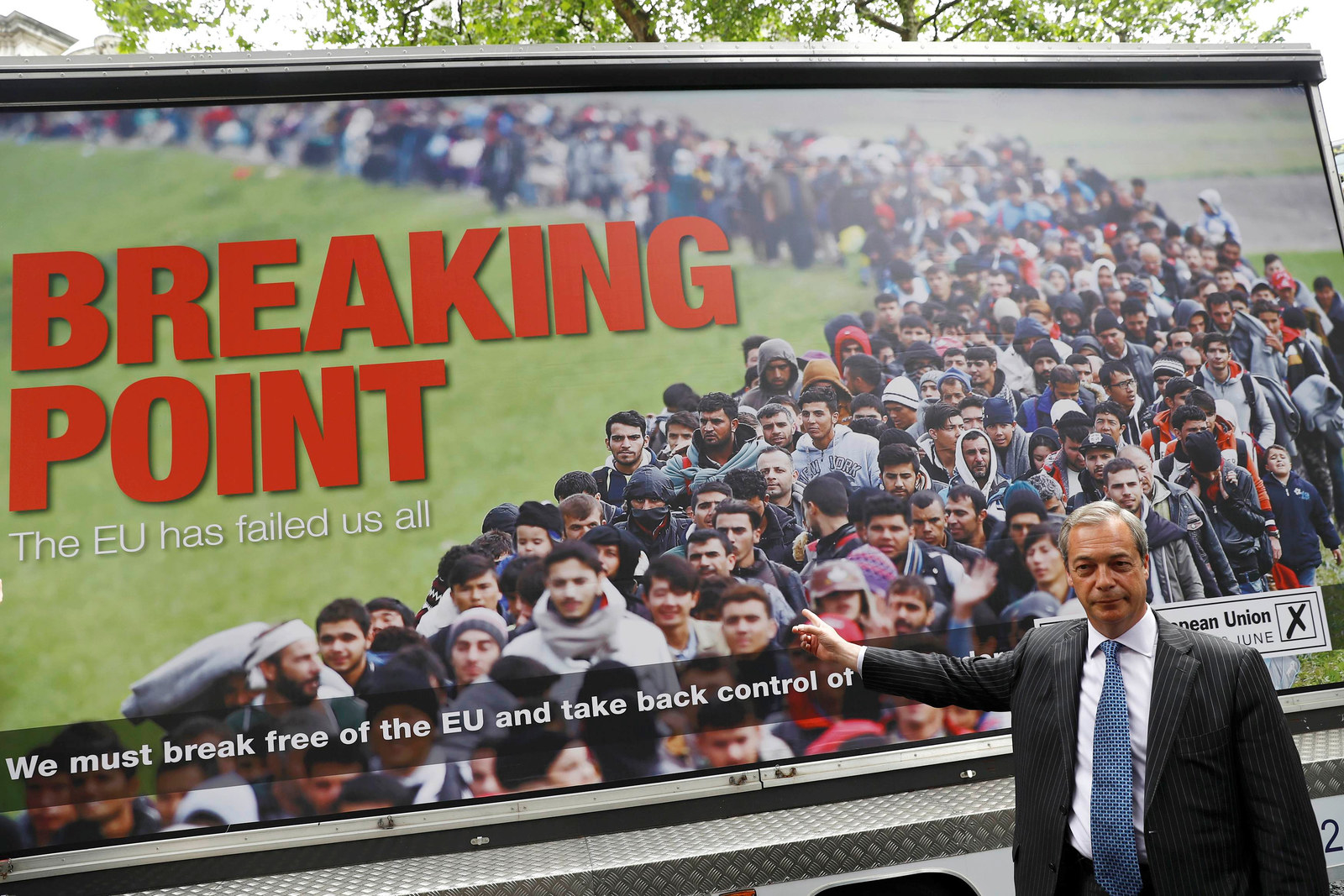
Former British prime minister David Cameron has been accused by the Council of Europe of inflaming xenophobia and intolerance in the UK through his rhetoric on immigration.
In a report published on Tuesday, the council's European Commission Against Racism and Intolerance (ECRI) said considerable levels of "intolerant political discourse", particularly focused on the issue of immigration, had contributed to an increase in xenophobic sentiments recorded in the UK over the past five years.
The 47-member state council, which is not connected to the European Union, is based in Strasbourg and oversees the European Convention on Human Rights.
The ECRI says there was widespread scaremongering by UKIP and some Conservative MPs in the run-up to the lifting of restrictions on access to the labour market for Romanian and Bulgarian nationals.
"Terms such as 'invasions' and 'floods' were frequently used as well as the expression 'benefits tourism', despite a 2013 European Commission study finding no evidence that the main motivation of EU citizens to migrate was benefit-related," the report found.

Among a series of other examples, the report singled out Cameron's use of the word "swarm" to describe migrants attempting to come to Britain.
Referring to the more recent refugee crisis, the report notes that "even the prime minister, when asked about the Calais crisis in July 2015, spoke of a 'swarm' of people crossing the Mediterranean seeking a better life in Britain".
The ECRI concluded that using such terms had contributed to an increase in xenophobic sentiments.
At the time, Cameron defended his choice of words, claiming that the term wasn't dehumanising.
The report, which is the ECRI’s fifth on the UK, covers the five years to March 2016. The authors noted a particularly high number of violent racist incidents in 2013, including a sharp rise in anti-Muslim violence, and record levels of anti-Semitic incidents the following year.
As well as pointing the finger at politicians, the researchers singled out hate speech in parts of the UK press as an ongoing problem, with "biased or ill-founded information disseminated about vulnerable groups" contributing to perpetuating stereotypes.
In particular, the ECRI noted that certain tabloid newspapers were responsible for “most of the offensive, discriminatory and provocative terminology”. The reports cited examples from the Daily Mail and The Sun, including the latter's controversial front page story from November last year headlined “1 in 5 Brit Muslims’ sympathy for jihadis”. The tabloid was later forced to apologise for the headline because it was found to be “significantly misleading”.

“It is no coincidence that racist violence is on the rise in the UK at the same time as we see worrying examples of intolerance and hate speech in the newspapers, online and even among politicians,” said ECRI chair Christian Ahlund.
The report comes as official data shows a spike in hate crimes since Britain's decision to leave the European Union. In the 38 days after the referendum there were more than 2,300 recorded race-hate offences in London alone, compared with 1,400 in the 38 days before the vote. Eastern Europeans have been particularly targeted, according to the data.
“The Brexit referendum seems to have led to a further rise in ‘anti-foreigner’ sentiment,” Ahlund said.

The report also found that online hate speech targeting Muslims in particular had soared since 2013. It presented evidence that anti-Muslim hate speech targeting women has increased online via social networking sites such as Facebook, Twitter, and Instagram. Similarly, there was a large increase in online anti-Semitic hate speech in 2014.
The authors of the report said the commission welcomed several initiatives taken by the UK. These included the Equality Act 2010 and strong legislation against racism and racial discrimination in the country, as well as the government’s new hate crime action plan and substantial efforts to promote LGBT rights.
The report made a series of recommendations, such as amending criminal law to add offences covering racial discrimination in the exercise of public office or occupation; public insults and defamation on the grounds of race, colour, language, religion, nationality, or national or ethnic origin; and the public denial, trivialisation, justification or condoning, with a racist aim, of crimes of genocide, crimes against humanity, or war crimes.
The authors also suggested strengthening the press regulator and the Editors' Code of Practice to better protect the rights of groups and not just individuals.
In its response to the ECRI report, the UK government said: “We are particularly concerned to see that the Commission repeats controversial and eye-catching press headlines and some alleged statements by politicians, which wrongly implies that these are the prevailing narratives in the United Kingdom and/or are government policy, when there are numerous cases of leading politicians celebrating and speaking out positively about the enormous contributions that minorities have made to this country’s success.
"It is also unclear whether the Commission is making its assessments against a common set of standards, and if so, what these are. We would like some assurance that the United Kingdom is being assessed against the same standards as its partners across the Council of Europe membership."
